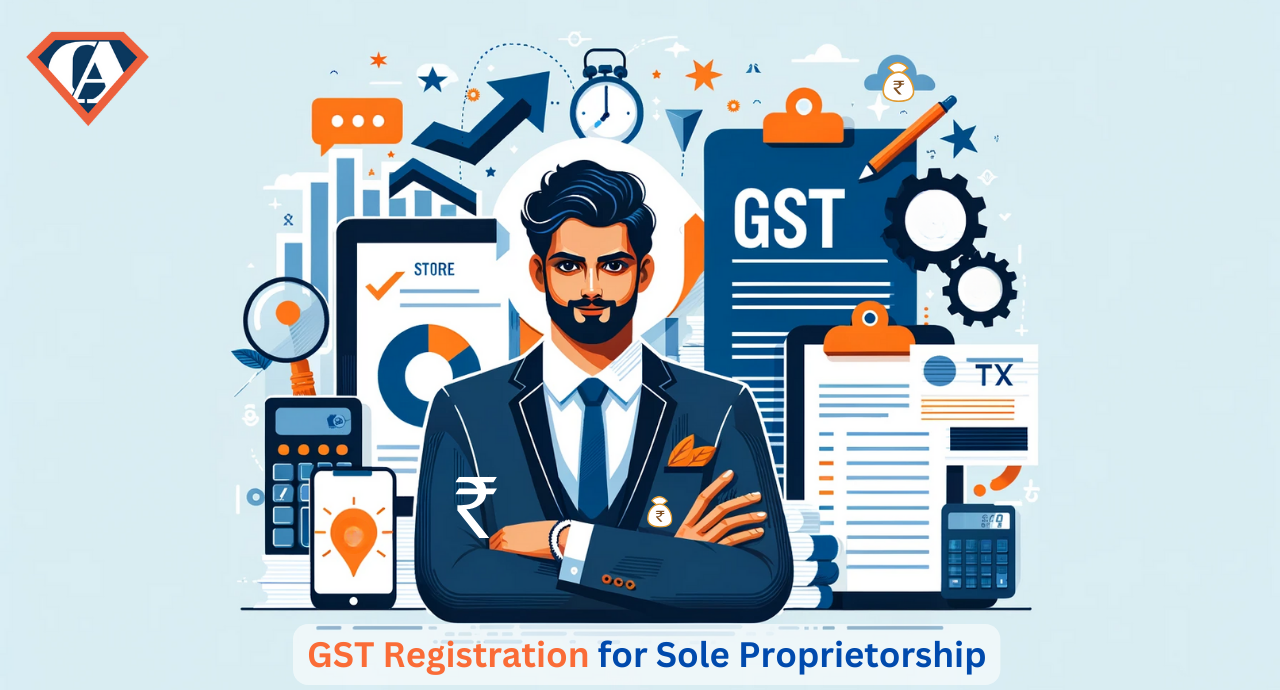Cost effective Choices for the Best GST Registration Services in Singapore
Cost effective Choices for the Best GST Registration Services in Singapore
Blog Article
Throughout: The Ultimate Roadmap to GST Enrollment for Services Seeking Financial Security
Navigating the intricacies of Product and Services Tax Obligation (GST) enrollment is a crucial action for businesses pursuing economic stability. From understanding the essential concepts of GST to following post-registration guidelines, the process can appear intimidating at first look. Nevertheless, damaging down the roadmap into manageable steps can enhance the registration journey for organizations wanting to boost their monetary standing. Allow's check out the essential parts that make up this supreme roadmap and uncover exactly how each phase contributes to laying a solid structure for financial success.
Understanding GST Basics
Digging into the essential principles of Product and Services Tax Obligation (GST) is important for getting a comprehensive understanding of its effects on companies and the economic climate. GST is a value-added tax levied on most items and services for domestic consumption. It has actually changed several indirect taxes that existed in the pre-GST era, streamlining the tax obligation framework and improving ease of doing business in India. Under the GST system, both products and services are tired at a certain price, which is determined based upon their category. Companies are needed to register for GST if their yearly turnover exceeds the threshold restriction established by the government. Input Tax Obligation Credit (ITC) is a substantial feature of GST, allowing organizations to declare credit rating for tax obligations paid on inputs, reducing the overall tax worry. Comprehending the essentials of GST is important for services to abide by tax obligation policies, handle their financial resources efficiently, and add to the country's financial development by taking part in a transparent tax system.
Eligibility Standards for Registration
To register for GST, organizations should meet specific eligibility requirements established by the federal government. The key eligibility demand is that any type of company entailed in the supply of products or solutions with an annual accumulation turn over above the threshold limitation set by the authorities must sign up for GST. Since the current guidelines, the threshold limitation for GST enrollment is an annual aggregate turnover of 40 lakhs for companies operating within a state, other than for unique category states where the limitation is 20 lakhs. Additionally, certain organizations are called for to register for GST regardless of their turn over, such as interstate distributors, laid-back taxed individuals, and businesses responsible to pay tax obligation under the reverse charge mechanism. It is important for services to completely assess their turnover and purchase types to identify their GST enrollment responsibilities properly. Failing to register for GST when eligible can lead to charges and legal consequences, making it crucial for services to abide by the specified eligibility standards.
Files Needed for Enrollment
Having actually fulfilled the eligibility standards for GST registration, organizations should currently ensure they have the requisite papers in position to wage the registration procedure successfully. The documents needed for GST enrollment commonly consist of evidence of service constitution, such as partnership action, enrollment certificate, or unification certificate for various sorts of organizations. Furthermore, organizations require to offer documents establishing the principal workplace, such as a rental arrangement or electrical energy costs. PAN card of business, along with the identity and address evidence of promoters/partners/directors, are important for verification purposes. Checking account declarations, along with canceled cheques or a copy of the financial institution passbook, are needed to confirm the monetary information provided during registration. Services should have digital trademarks ready for the authorized signatory. Making sure all these documents are organized and easily offered will quicken the GST registration process, allowing companies to abide by tax obligation policies effortlessly.
Step-by-Step Registration Process
Starting the GST enrollment procedure includes a collection of organized steps to make certain a smooth and certified registration for businesses. The first step is to visit the GST portal and fill in the registration form with exact details of business entity. Following this, the applicant gets a Short-lived Reference Number (TRN) which is made use of to return to the application process if it's not completed in one go.
Next, all needed records based on the checklist given by the GST portal demand to be published. These files typically include proof of service address, enrollment and identity proofs of marketers, economic statements, and company entity's frying pan card.

Post-Registration Compliance Standards

Conclusion
In final thought, organizations looking for monetary stability has to comprehend the fundamentals of GST, satisfy eligibility criteria, gather essential records, comply with the step-by-step enrollment procedure, and abide by post-registration standards - Best GST registration services in Singapore. By sticking to these steps, companies can ensure compliance with tax obligation policies and keep economic security over time
In addition, particular organizations are needed to register for GST regardless of their turn over, such as interstate suppliers, informal taxable individuals, and organizations accountable to pay tax obligation linked here under the reverse fee system.Having actually met the eligibility criteria for GST registration, organizations need to now ensure they have the requisite papers in area to continue with the registration process effectively. The documents required for GST registration usually consist of proof of organization constitution, such as collaboration deed, registration certificate, or consolidation certificate for various types check these guys out of organizations. Furthermore, businesses need to give papers developing the primary place of company, such as a rental arrangement or electricity expense.Beginning the GST registration process includes a series of structured actions to make sure a smooth and compliant enrollment for businesses.
Report this page